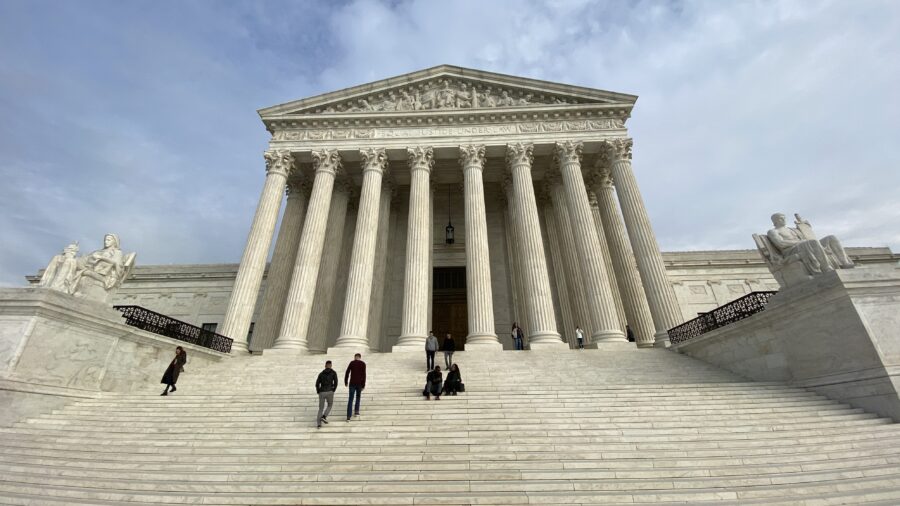The Supreme Court decided Monday morning to take up an abortion case from Kentucky, its first since Justice Amy Coney Barrett’s addition to the court gave its conservative wing a 6-3 majority.
The case is Cameron v. EMW Women’s Surgical Center, court file 20-601. EMW Women’s Surgical Center, in Louisville, is Kentucky’s only licensed abortion clinic.
The case revolves around Kentucky’s 2018 ban on “abortions in which an unborn child is dismembered while still alive,” Kentucky Attorney General Daniel Cameron, a Republican, said in his petition to the Supreme Court.
Then-Gov. Matt Bevin, a Republican, signed the law, which was subsequently enjoined by federal courts. After the succeeding administration of Gov. Andy Beshear, a Democrat, refused to defend the statute in court, Cameron indicated he wanted to do so.
The U.S. Court of Appeals for the 6th Circuit turned down Cameron’s request, at which point he asked the Supreme Court to allow him to intervene in the case.
The Supreme Court’s unsigned March 29 order states that its review will be “limited to Question 1 presented by the petition.”
That question states: “Whether a state attorney general vested with the power to defend state law should be permitted to intervene after a federal court of appeals invalidates a state statute when no other state actor will defend the law.”
Cameron asked the court to consider the constitutionality of the law after a 5-4 court including the late Justice Ruth Bader Ginsburg struck down Louisiana’s Act 620 in June Medical Services LLC v. Russo on June 29, 2020. That statute required abortionists to have hospital admitting privileges close to where the procedure takes place.
Chief Justice John Roberts gave pro-life activists a glimmer of hope when he authored a concurring opinion in the ruling indicating that courts could allow abortion restrictions that had no medical justification if they weren’t overly burdensome to patients.
But the Supreme Court decided only to consider the procedural question of whether Cameron could intervene in the case on behalf of Kentucky.
Oral arguments in the case are expected later this year.
From The Epoch Times


